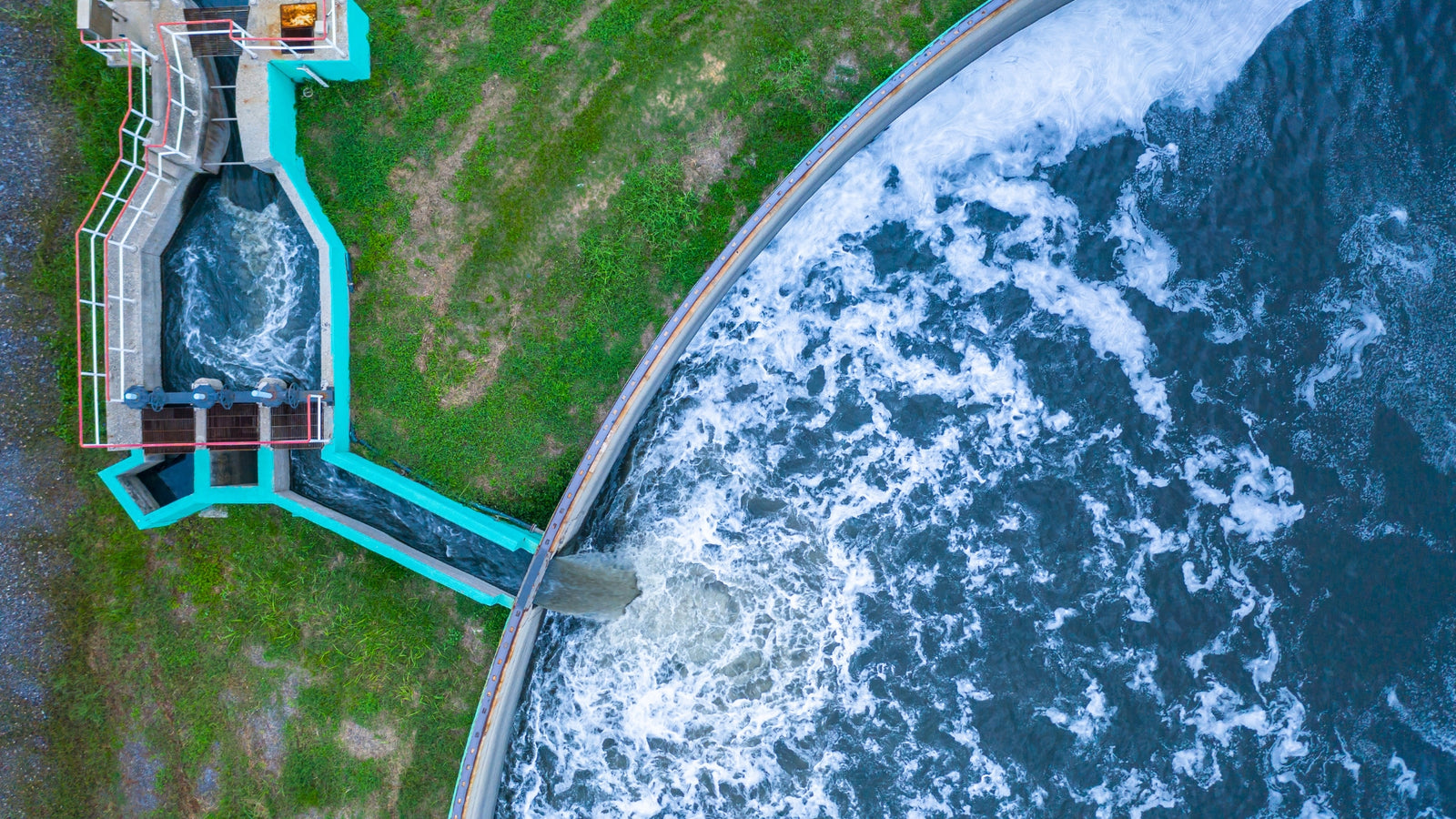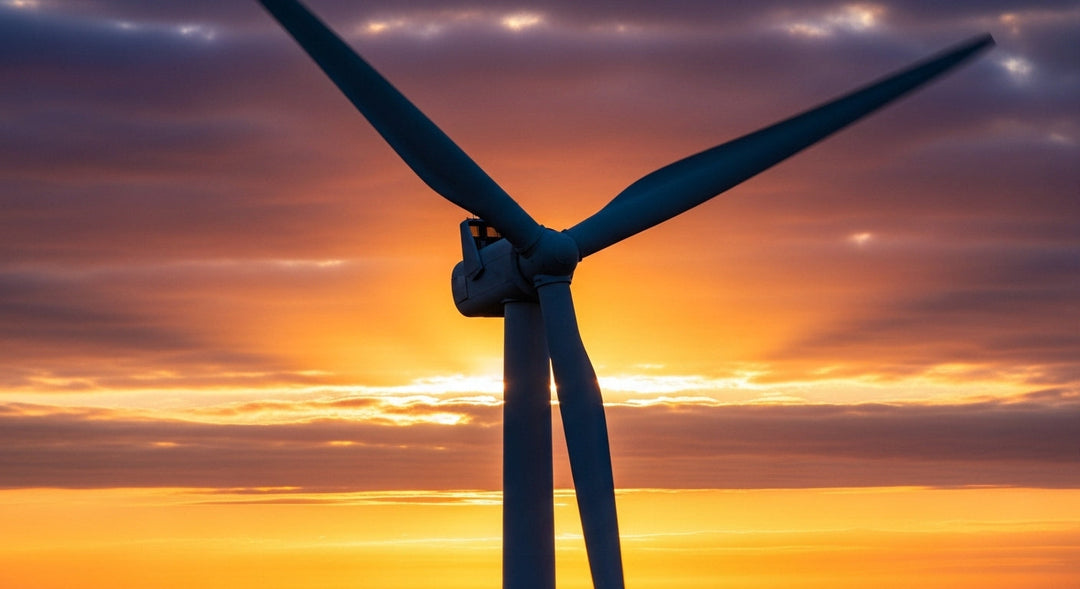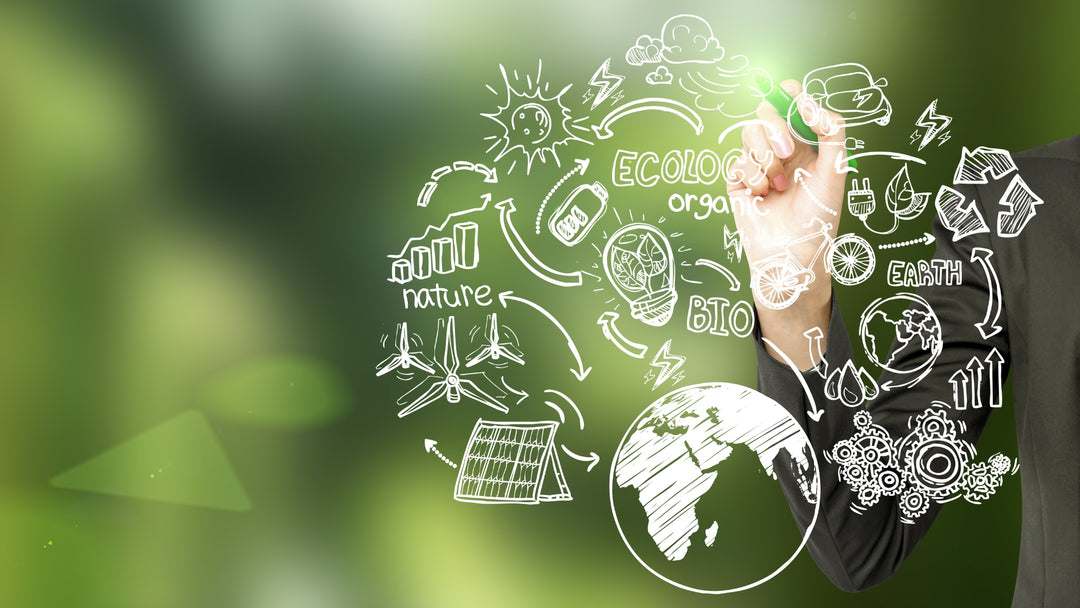Improving Our Water Infrastructure with Cleantech Solutions

The Global Water Partnership and the OECD have highlighted the economic losses from water management issues, estimated at a staggering $474 billion annually. Repairing water infrastructure, addressing local scarcity, and preparing for climate change are crucial for public safety and the environment and present significant economic opportunities for investment in clean technologies.
Aging Infrastructure and Cleantech Opportunities
Decaying water infrastructure has led to significant economic and safety risks. For example, the water crisis in Flint, Michigan, underscored the dangers of lead contamination and inadequate water treatment. Such challenges extend beyond health concerns to economic impacts, with the American Society of Civil Engineers (ASCE) noting that there are 240,000 water main breaks per year in the United States, costing the economy a potential $22.5 billion a day in lost GDP.
Cleantech solutions such as intelligent water monitoring systems, advanced filtration technologies using nanomaterials, and efficient water treatment plants leveraging renewable energy sources are ripe for venture capital investment. These technologies mitigate the risks associated with aging infrastructure and present opportunities for creating a resilient water system that promotes local and national economic stability.
Cleantech Solutions for Water Quality and Scarcity
The need for clean technology solutions is acute in regions experiencing water scarcity, like California during the 2014-2017 drought and in Jackson, Mississippi. In Jackson, the water system was forced to shut down in March 2021, leaving many residents without water for weeks. A state of emergency was announced in August 2022 due to unsafe drinking water, and now many residents no longer trust the quality of the drinking water coming out of their taps.
Cleantech startups are developing and offering new approaches like desalination powered by solar or wind, AI-water recycling plants, and smart irrigation systems that optimize water usage with AI and IoT technologies. Companies that develop and deploy these technologies can provide venture investors with high-growth potential while contributing to the resource's sustainability.
Climate Change Adaptation with Clean Technologies
As the long-term threat of climate change looms, building water infrastructure that can withstand its impacts is vital. There is a large funding opportunity for venture capital investors to finance startups and companies developing resilient infrastructure. From floating solar farms that reduce evaporation in lakes and reservoirs to rainwater harvesting systems and advanced stormwater management technologies, climate-adapted water systems are potential areas for investment.
The developed world's need for green financing presents an opportunity for innovative funding mechanisms, such as green bonds and asset-backed securities, to support these critical infrastructure solutions. We also expect public-private partnerships to play a substantive role in advancing water technology because of the urgency.
Driving Economic Growth and Jobs with Cleantech
Cleantech investments in water infrastructure are a path to environmental sustainability and a driver of economic growth and job creation. Every $1 million invested in water projects generates roughly 15 to 18 jobs. In addition, investing in cleantech provides a hedge against climate risk and contributes to a more sustainable future. EHI Cleantech Ventures is leveraging our extensive technical expertise and management experience to assist companies in developing and scaling environmentally sustainable water technologies.








